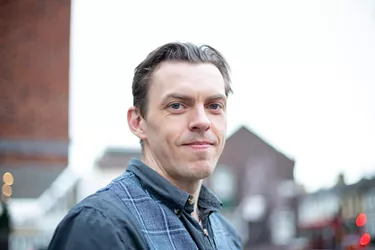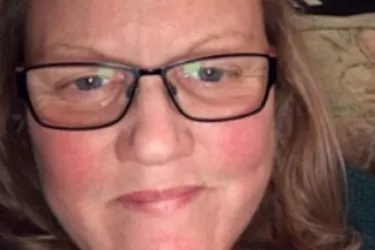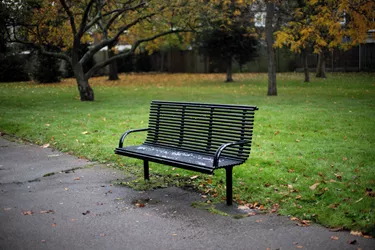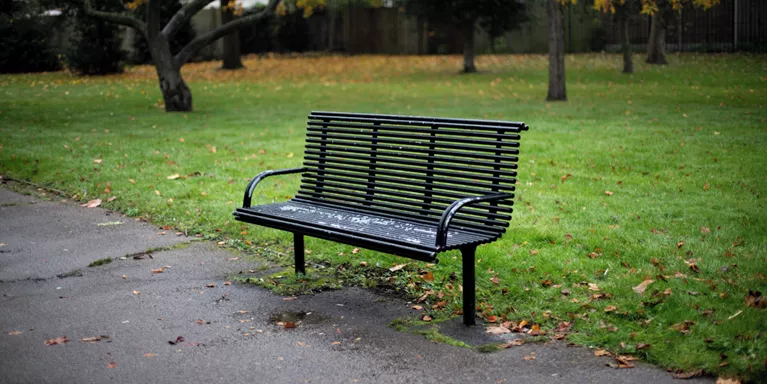The physical effects of anxiety
Alex vlogs on the powerful physical impact his anxiety had on his body.
So I’m making this video primarily to address the misconceptions surrounding panic attacks and anxiety disorders, and I should point out that before I had my first anxiety attack, I had some these of misconceptions myself.
"This started in my mid-twenties, so it can flare up at any point, and the way it manifested for me primarily was panic attacks. Usually in the evening when I was trying to get some sleep."
So I’d get about five to ten minutes’ sleep and then, boom! I’d be woken up by a racing heart and tension headache.
My father passed away of a stroke at 45, so when I get a pain in my head, I think, boom! This is it.
So if we start with my first experience, one of my best friends took me to hospital and the doctors were convinced that I was having a heart attack. They gave me the drugs to treat me for a heart attack. I had various ECGs, various tests. I had a chest x-ray.
All my information was sent to a specialist hospital in London because they couldn’t … It wasn’t anything obvious, but when all that information came back clear, that’s when the doctor actually came in and had a conversation with me and said, "are you a fearful, panicky person?"
"Me and my friend were laughing because I’m sitting there saying, listen I’ve done stand-up comedy around London. I’ve got an acting background. [Anxious] does not describe me."
But the doctor said, anxiety, panic attacks are going to affect most people in their life to varying degrees.
So the way that I manage my condition now is through medication, and the way I look at it is essentially like an asthmatic. They can’t control when their body has an attack. They always constrict, and they need their medication to help them. And it’s the same for me personally with my mental health disorder.
My brain does things that I can’t control, and that’s what the medication helps with me. And I found this out the hard way because I neglected my medication for about two years.
"At my lowest point, I wouldn’t even make a decision about what to have for dinner."
So something that I would say is very important is.. you have to notice the little changes. It’s very hard to notice that when you’re in the moment because, you feel normal.
So I think it’s very important to find a baseline, and just be aware of your baseline and have a close friend or relative or someone, you trust who can, just tell you when you’re slightly off and then you can make adjustments or, do what you need to do to be aware of that.
Because when you’re in the moment, you don’t feel like there’s a problem, and that’s when it can spiral.
And also be aware that it manifests in many different ways. In that two-year period where I was neglecting my medication, I didn’t have a single panic attack, but I was very indecisive. I wasn’t balanced. There was an unbridled fear within me.
So it was affecting me in another way, and I think the lack of panic attacks was one of the key reasons that I thought I was actually fine when I wasn’t.
"But I think knowledge is power, and the more knowledge you have of the condition, the more you can be aware of it and actually keep yourself nice and balanced."
But I think knowledge is power, and the more knowledge you have of the condition, the more you can be aware of it and actually keep yourself nice and balanced.
To find out more about panic attacks and anxiety see our info. You can watch more #mentalhealthselfies on our Youtube channel.


Information and support
When you’re living with a mental health problem, or supporting someone who is, having access to the right information - about a condition, treatment options, or practical issues - is vital. Visit our information pages to find out more.
Share your story with others
Blogs and stories can show that people with mental health problems are cared about, understood and listened to. We can use it to challenge the status quo and change attitudes.

















